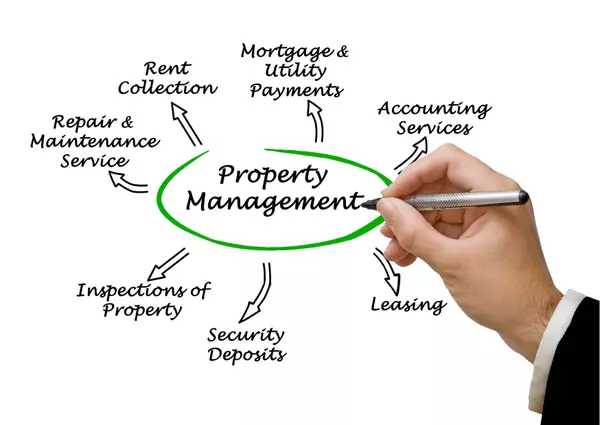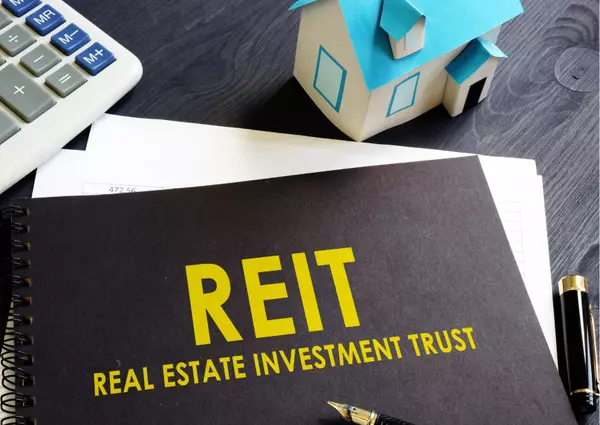Maximizing Returns: Providing Insights into Rental Properties and ROI
Rental properties can be a lucrative investment option, offering the potential for passive income, wealth accumulation, and tax benefits. To make informed decisions and maximize returns, it's crucial to understand rental property analysis and return on investment (ROI). In this blog, we will provide
Investing in Real Estate: Building Wealth through Property
Investing in Real Estate: Building Wealth through Property In the realm of investment opportunities, real estate has proven to be a powerful vehicle for building long-term wealth. Unlike volatile stock markets or unpredictable investment ventures, real estate offers stability, tangible assets, and v
Exploring Neighborhoods: A Comprehensive Guide to Choosing the Perfect One for You
When searching for a new home, it's not just the property that matters; the neighborhood plays a significant role in your overall satisfaction and quality of life. Choosing the right neighborhood requires careful consideration of various factors that align with your lifestyle, preferences, and futur
Understanding Property Regulations in Navarre, Florida: A Guide for Buyers and Sellers
Understanding Property Regulations in Navarre, Florida: A Guide for Buyers and Sellers When it comes to buying or selling property in Navarre, Florida, it's essential to have a solid understanding of the local property regulations. These regulations play a crucial role in ensuring a smooth and legal

Jennifer Miller
Phone:+1(850) 490-5744




